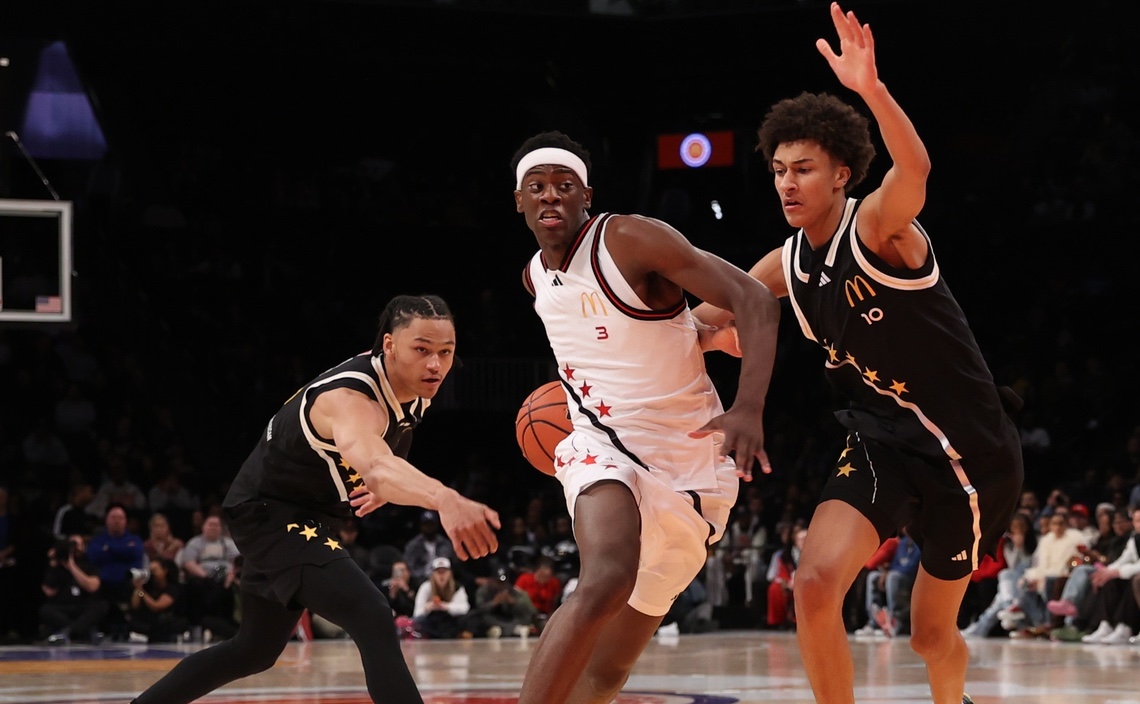Incoming Division I athletes may soon be required to report the NIL (name, image, and likeness) deals they earned while in high school to the clearinghouse established by the House v. NCAA settlement.
The NCAA is currently considering adopting a new rule that would require incoming Division I athletes to disclose all the NIL deals they earned during their junior and senior years of high school, upon enrolling in college. The rule also extends to junior college athletes who transfer to D-I programs, requiring them to disclose all deals executed while at a junior college.
Like many NCAA rules, it would likely be tested in the courts.
“Any such rules will almost certainly be met with legal challenges particularly if/once an athlete is punished for noncompliance,” athlete lawyer Darren Heitner told Front Office Sports. (Heitner has represented several athletes suing the NCAA and its member schools around their uneven enforcement of eligibility rules.)
Under the new rule, players would have to submit deals to NIL Go, the system built by Deloitte to ensure all NIL deals over $600 are for a “valid business purpose,” rather than “pay-for-play,” as part of the terms of the House v. NCAA settlement.
Though the proposal would be approved by the NCAA, the governing body would not enforce its terms. The College Sports Commission, an enforcement entity created by the power conferences and in charge of NIL Go, would then scrutinize these deals. (The CSC has taken over enforcement of all NIL-related rules since the House v. NCAA settlement was approved in June.)
The CSC said Friday that it plans to punish athletes mostly by revoking their eligibility. But as Heitner noted, that could open the door for litigation, especially for high school athletes who believe they weren’t subject to House settlement terms before they got to college.
Plaintiff lawyers in the House case signed off on the proposed rule, according to a source familiar with the matter, but they only represented current and former college athletes.
The CSC confirmed the existence of the rule draft on Friday, and a copy of the draft was subsequently shared by sports attorney Mit Winter on social media.
The proposed rule also potentially forces high school athletes to abide by the terms of the House settlement before they get to college, despite the fact that high school athletes were not among the plaintiffs in any of the cases that were combined for the settlement..
Along with new NIL rules, the settlement allows schools to offer up to $20.5 million in revenue and unlimited scholarships to athletes across Division I—though future athletes haven’t had the chance to formally opt into the settlement terms. In fact, they’ll have the opportunity to object to the terms in federal court as part of the House settlement before they start college.
“High school athletes aren’t subject to the injunctive settlement terms,” Winter tells FOS. “But requiring them to disclose deals they do while in high school, and then reviewing those deals for compliance with the settlement terms after they enroll in college, essentially is subjecting them to the terms of the settlement while they’re in high school. … It’s a backdoor way of making high school athletes and those entering into deals with them comply with the settlement terms.”





![[Subscription Customers Only] Jul 13, 2025; East Rutherford, New Jersey, USA; Chelsea FC midfielder Cole Palmer (10) celebrates winning the final of the 2025 FIFA Club World Cup at MetLife Stadium](https://frontofficesports.com/wp-content/uploads/2026/02/USATSI_26636703-scaled-e1770932227605.jpg?quality=100&w=1024)











